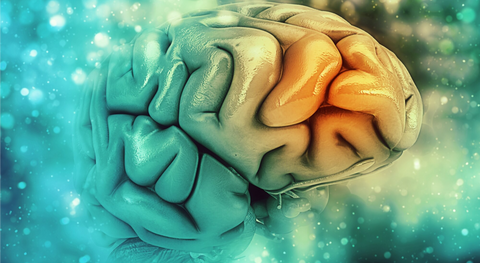What is cerebral folate deficiency?
Cerebral folate deficiency is a rare autosomal recessive disorder in which a child is born with normal blood folate levels and low 5-methyltetrahydrofolate (5-MTHF) levels in the cerebrospinal fluid. CFD is estimated to affect around one in a million people.1
Children with CFD usually appear normal until around the age of two, when their speech and motor skills begin to decline. This may lead to difficulty speaking and walking, microcephaly, generalized weakness and spasticity. They may develop an intellectual disability or recurrent seizures.
These symptoms occur due to a lack of folate in the nervous system. Folate plays a critical role in embryonic/fetal development and postnatal neurodevelopment, as well as producing the neurotransmitters required for proper brain function and supporting the myelin sheath surrounding nerves.














